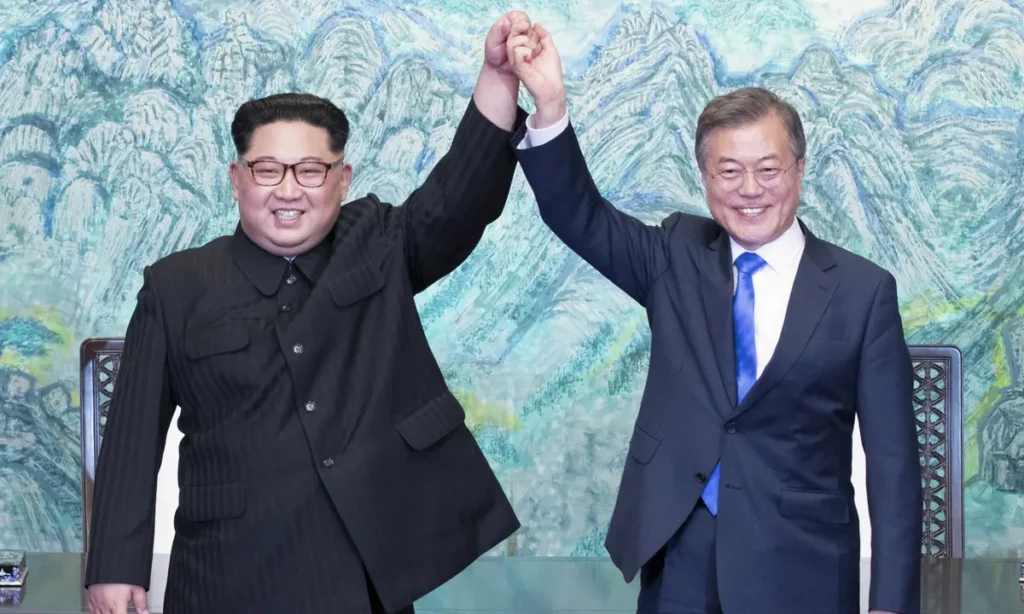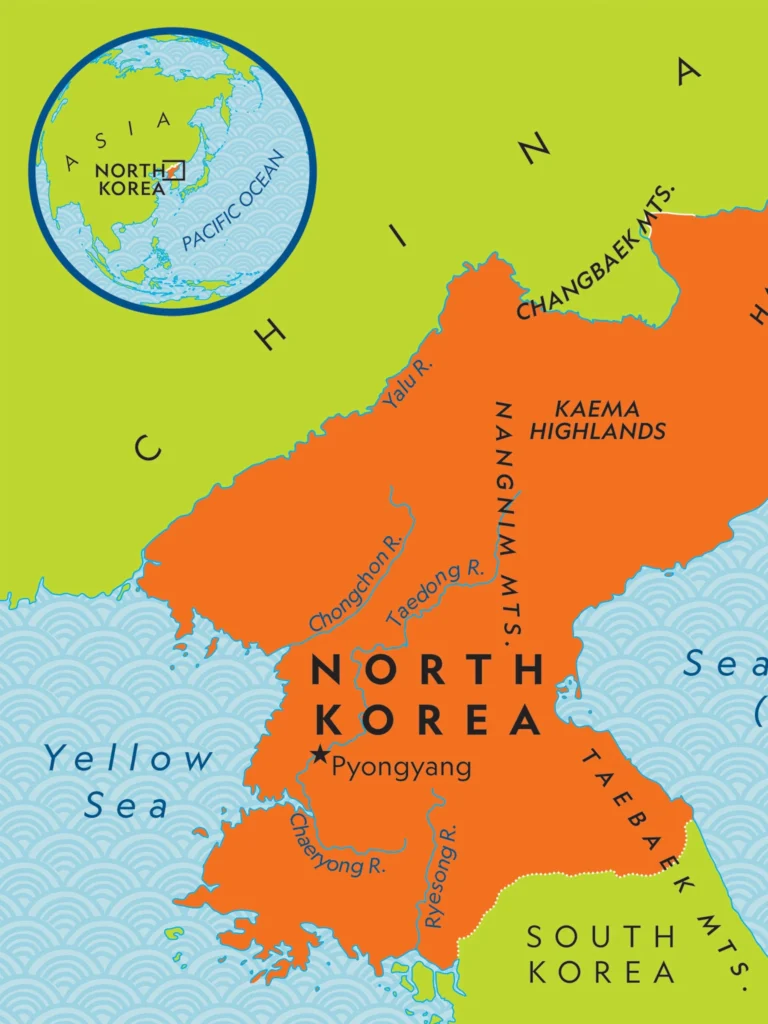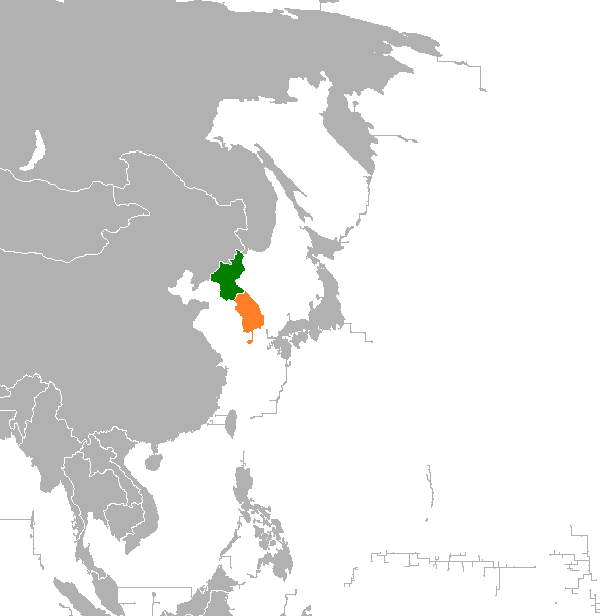The relationship between North Korea and South Korea is one of the most complex and contentious in the world. Stemming from a long history of division, ideological differences, and geopolitical tensions, the relationship between these two Koreas has fluctuated dramatically over the decades. To comprehensively explore their relationship, it’s essential to delve into their history, the Korean War, the peninsula’s division, the ongoing armistice, attempts at reconciliation, and the current state of affairs. This exploration will provide insights into the challenges, hopes, and potential paths forward for the Korean Peninsula.
Historical Background of North Korea and South Korea
The division of Korea into North and South Korea dates back to the aftermath of World War II when the Korean Peninsula was liberated from Japanese colonial rule. In 1945, the peninsula was divided along the 38th parallel into two occupation zones: the Soviet-backed North and the American-backed South. This division was intended to be temporary, but Cold War tensions between the Soviet Union and the United States solidified the separation.
The Korean War:
The unresolved division led to the outbreak of the Korean War in 1950, when North Korean forces, supported by China and the Soviet Union, invaded South Korea. The war lasted for three years and resulted in millions of casualties, but ultimately ended in a truce in 1953, rather than a formal peace treaty. This armistice created the Korean Demilitarized Zone (DMZ) and established a fragile ceasefire that remains in place to this day.

Post-War Relations:
Following the Korean War, North and South Korea remained bitter adversaries, with sporadic incidents of violence and provocations. Both countries pursued contrasting political ideologies and economic systems, with North Korea adopting communism and South Korea embracing capitalism and democracy.
Attempts at Reconciliation:
Despite the enduring animosity, there have been several attempts at reconciliation between the two Koreas. One notable period of détente occurred in the late 20th century, marked by the Sunshine Policy initiated by South Korean President Kim Dae-jung. This policy aimed to foster engagement and cooperation through economic exchanges, cultural diplomacy, and family reunions.
Nuclear Tensions and International Relations:
However, efforts at reconciliation have been repeatedly overshadowed by North Korea’s nuclear ambitions and provocative actions. North Korea’s pursuit of nuclear weapons has heightened tensions not only on the peninsula but also in the broader international community. The regime’s nuclear tests and missile launches have led to international sanctions and increased isolation.

Recent Developments:
In recent years, there have been intermittent diplomatic breakthroughs, including historic summits between North Korean leader Kim Jong-un and South Korean President Moon Jae-in, as well as meetings between Kim Jong-un and world leaders such as Donald Trump and Xi Jinping. These summits have raised hopes for peace and denuclearization, but progress has been slow and uncertain.
Humanitarian Concerns and Human Rights:
Amidst the geopolitical complexities, it’s crucial not to overlook the humanitarian concerns and human rights abuses in North Korea. The regime’s tight control over information, political repression, and harsh living conditions for many North Koreans remain pressing issues that demand international attention and action.
Future Prospects:
The future of North-South relations is uncertain, with multiple factors influencing potential outcomes. Economic cooperation, cultural exchanges, and people-to-people contacts could contribute to building trust and understanding between the two Koreas. However, significant challenges, including denuclearization, resolving the Korean War formally, and addressing human rights abuses, must be addressed to achieve lasting peace and stability on the Korean Peninsula.

Conclusion:
In conclusion, the relationship between North Korea and South Korea is characterized by a complex interplay of historical, ideological, and geopolitical factors. While periods of tension and confrontation have been prevalent, there have also been moments of dialogue and engagement. The path forward requires sustained efforts at diplomacy, confidence-building measures, and addressing underlying issues to realize the long-held aspiration of peace and reconciliation on the Korean Peninsula.
